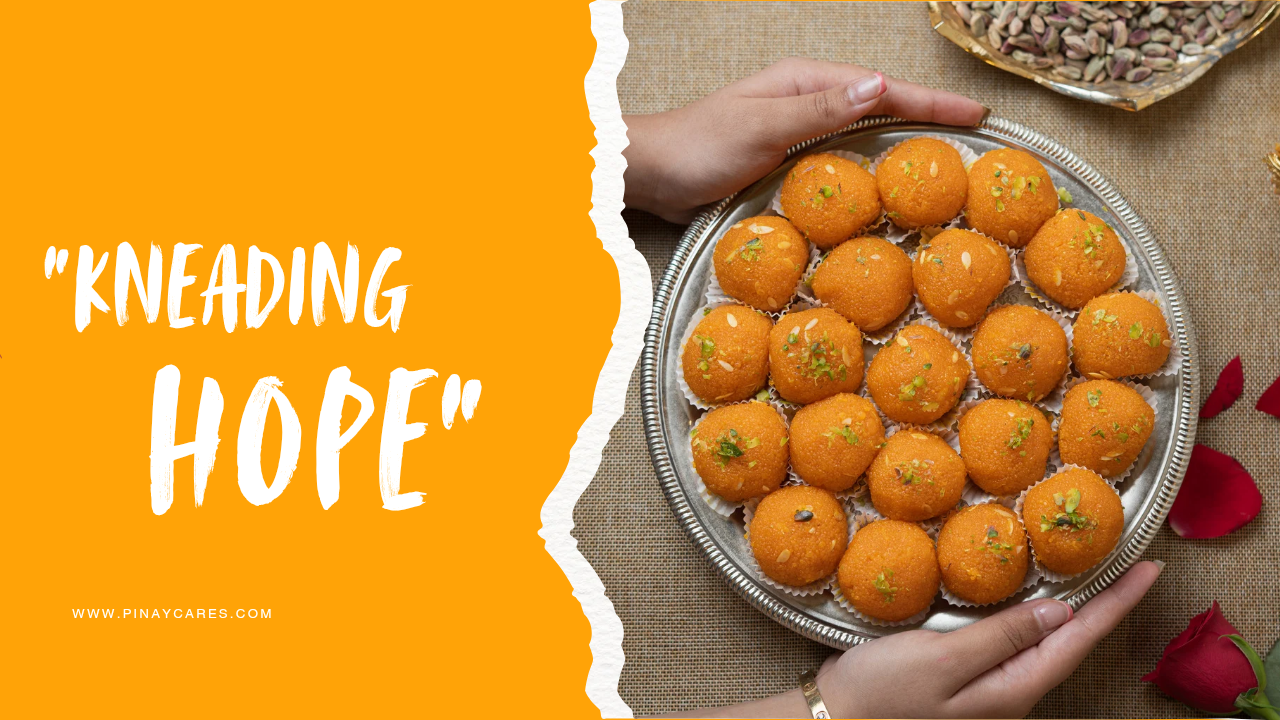At 4:00 am, while most of Riyadh still slept under the stars of the desert sky, Rica Mae Llorente was already tying her apron inside a small but busy bakery tucked between two hardware stores. The scent of flour, yeast, and butter filled the air, a strange comfort in a country far from her hometown in Negros Occidental.
Rica never imagined she’d be handling dough and pastries for a living. Back in the Philippines, she was a part-time tutor and sold kakanin in the afternoons to help make ends meet. Her Husband, a construction laborer, earned just enough for rice and utilities. But when her daughter got diagnosed with asthma and needed maintenance medication, Rica knew something had to change.
Through a friend, she heard about job openings in Saudi Arabia specifically for bakery assistants. She didn’t have formal baking experience, but she’d been cooking since she was a teen and loved learning new things in the kitchen. After months of processing papers, medical exams, and praying during sleepless nights, she got hired.
Her first few weeks in Riyadh were difficult. She worked under a Syrian head baker who barely spoke English. Orders flew in faster than she could knead. Her arms ached from rolling dough, and her feet throbbed after long shifts. The weather was dry, and the homesickness was heavier than any sack of flour she’d lifted. But Rica refused to quit.
She studied everything watched how her supervisor folded croissants, observed the precise timing for pita bread, and even took notes in a small notebook she kept tucked inside her apron. Slowly, her coworkers started noticing. She moved with more confidence, anticipated orders before they were called out, and even learned to say, mabrook (congratulations) and shukran (thank you) in Arabic.
One day, the head baker was out sick, and the owner an old, no-nonsense Saudi man asked Rica to manage the oven. Her heart pounded, but her hands stayed steady. She handled the orders, adjusted the temperatures, and even added a Filipino touch by making pan de coco from scratch during her break. When the owner tasted it, he raised his eyebrows. What is this? he asked. Pan de coco, sir. From the Philippines.
He nodded slowly, then walked away. The next week, it was on the menu. Rica smiled at the thought that her culture, even in small ways, was making its way into the world.
She sent money home every month enough for medicine, school supplies, and eventually, a secondhand laptop for her daughter. Her husband, once doubtful about her decision to leave, now proudly told neighbors, Si Rica? She’s doing great. She’s strong.
After two years, she was promoted to senior bakery assistant. She even started teaching a few other Filipinas who had just arrived how to handle the ovens and bake with care. She never acted like a boss just someone who knew what it was like to be new and scared and far from home.
Rica still missed the sound of roosters crowing in the morning, the laughter of her kids echoing from the kitchen table, and the scent of sampaguita blooming outside their home. But every time she shaped dough with her bare hands, she remembered: she wasn’t just baking bread.
She was kneading a better future for herself, for her family, and for every Filipino brave enough to rise in a foreign land.



